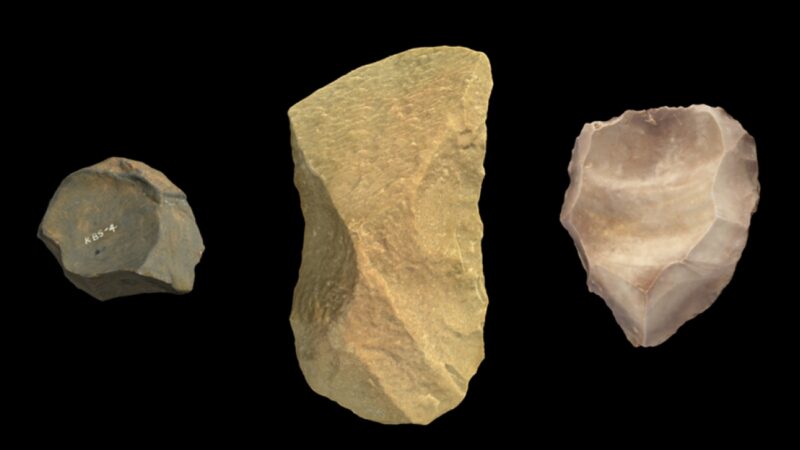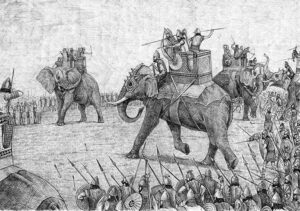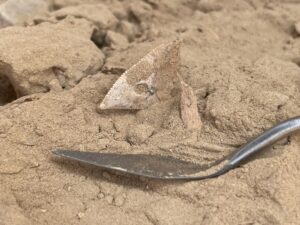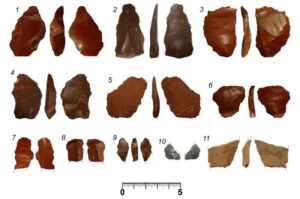Even Stone Age technology is too complicated for every new generation to reinvent it. At some point, we passed on our cultural innovations to our children and grandchildren. But how long ago did that begin?
A new study suggests that our collective knowledge has accumulated for 600,000 years.
What is now called “cumulative culture” sets us apart from other primates. While primates and some other animals develop common practices and skills, we seem to be the only ones to improve them over time to a staggering degree.
“Our species, Homo sapiens, has been successful at adapting [to everything] from tropical forests to arctic tundra,” said lead co-author Charles Perreault in a statement. “[Each] requires different kinds of problems to be solved.“
Cumulative culture allows people to build on and recombine earlier generations’ solutions and quickly develop new, complex answers to problems.
Not just mimicry
Other animals learn mostly by mimicking the actions of those around them. Humans can refine practices and create better, multi-layered solutions over time. Human history shows that everything from farming and medical practices to transportation methods has become more complicated over generations of tinkering.
The new research pinpoints the start of this process to 600,000 years ago. Researchers started analyzing stone tools dating back to 3.3 million years ago to understand how they and their manufacturing changed. The number of steps in creating a tool reveals our ancestors’ growing sophistication.
From 3.3 to 1.8 million years ago, toolmaking took between one and six steps. This increased to four to seven steps between 1.8 million and 600,000 years ago. At that point, it skyrocketed to between five and 18 steps.
“By 600,000 years ago or so, hominin populations started relying on unusually complex technologies,” said co-author Jonathan Paige.
The complexity only increased from here. This sudden blossoming of toolmaking skills appeared in the Middle Pleistocene epoch, at the same time that our ancestors started using domestic spaces, controlling fire, and developing rudimentary wooden structures. All signs point to this as the beginning of our accumulation of knowledge and technological skills.
This suggests that those skills that make us human started to develop even before Neanderthals and modern Homo sapiens diverged.






